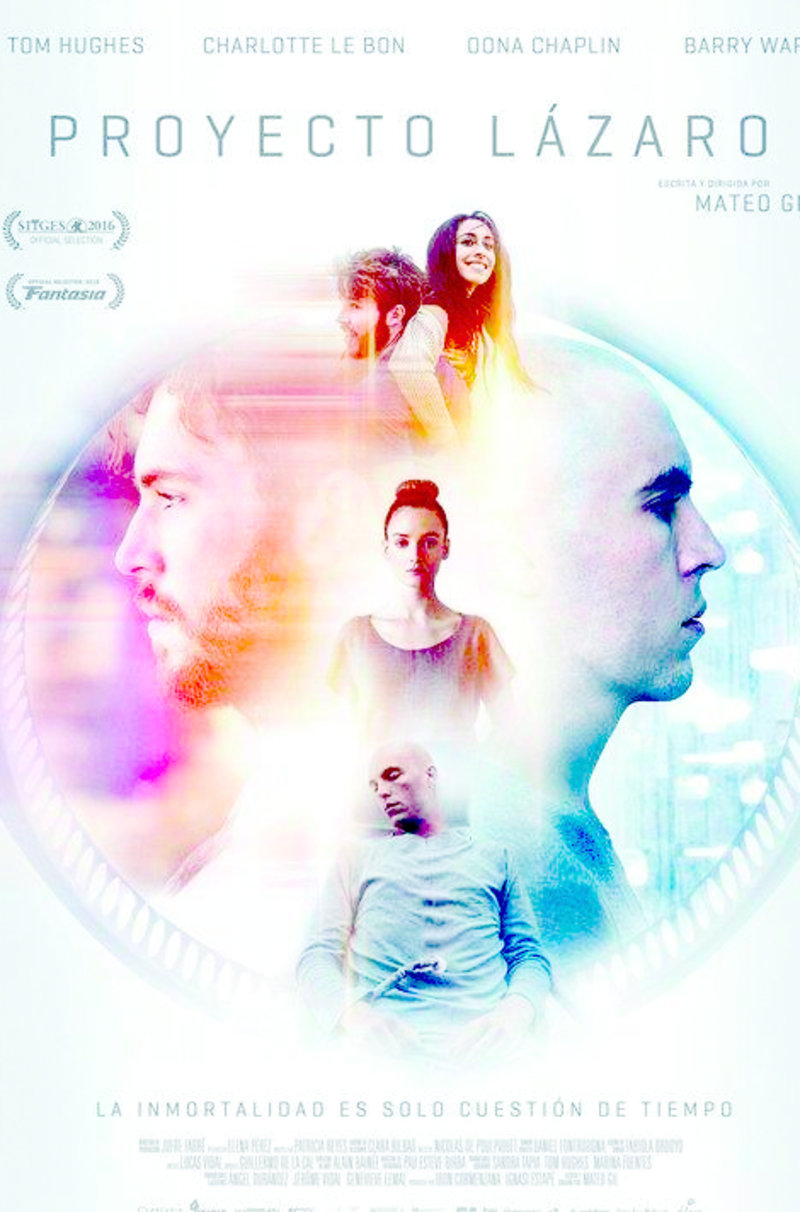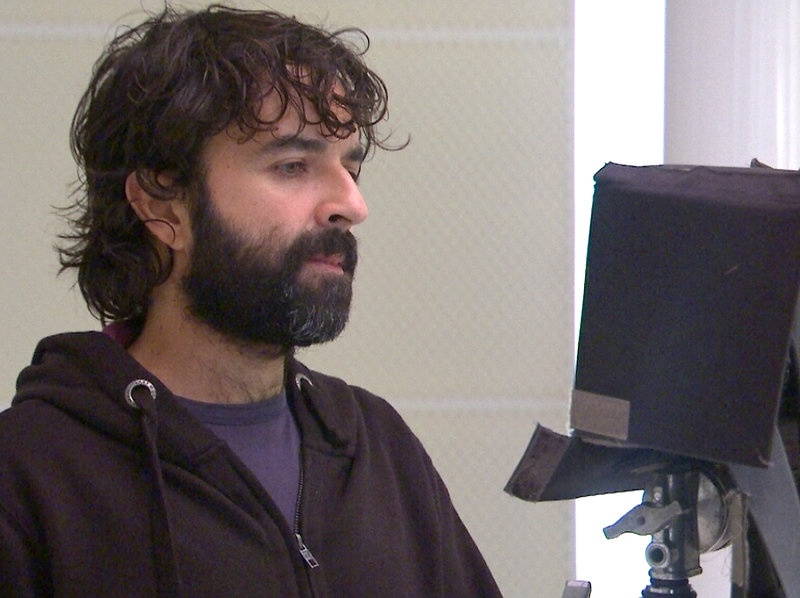'Realive has a lot in common with Black Mirror, it is a future very similar to today'
He has worked as a scriptwriter for filmmakers of the likes of Alejandro Amenábar, and for films such as Tesis, Mar Adentro and Ágora. He also directed the thriller, Nadie conoce a nadie, as well as the western, Blackthorn. Now, Mateo Gil has released his latest undertaking, Proyecto Lázaro, a science-fiction film co-produced by Arcadia Motion Pictures, Canal+ España and Noodles Production, which deals with cryogenics and resurrection. Under the international title, Realive, the film was shot in English and stars Tom Hughes and Oona Chaplin.
The films you have directed so far seem to show your particular vision of various classic genres.
It isn't something I've been looking for. In fact, I wouldn't know which genre to name that I most identify with; comedy is not one of my strong points, but I've just made one, Las leyes de la termodinámica. If I look back at my first short films, Realive is the film that is the most similar to them. The impulse comes from the times when I was writing the script for Amenábar's Abre los ojos, and it has to be seen alongside that film.
The story of the film goes back to the myth of the golem, something that also inspired Mary Shelley to write Frankenstein.
When you talk about creation, referring to these myths is unavoidable. In fact, there is a moment in the film when you think directly of the Bride of Frankestein. There is even a wink to the name of the protagonist: his name is Victor, for Victor Frankestein, and his surname is West, because of Herbert West, from H. P. Lovecraft's Reanimator, a tale with pure and absolute moments of terror.
In Realive, sci-fi is an excuse to tell a love story. Do you identify with that trend for intimacy in sci-fi, such as in Mike Cahill's films, like Another Earth or I Origins?
There have been a few who have asked me the same question about Ex Machina. I think that what brings these films together is an approach to intimacy, but not from the script's point of view but from the budget's – it is independent, small-scale cinema. When you write the script you know you have a modest budget, which gives you total freedom. Realive has a lot in common with Black Mirror, it is a future that is very similar to today.
Would you have liked a bigger budget and to make it more spectacular?
No, from the beginning it was very clear in my mind that the film didn't have to go beyond the hospital walls. In this film it makes no sense to show the future. Maybe there will be some viewers who will miss that, but this is something you should expect from a Hollywood film, not from this one. When I was writing the script, I wanted it to function as a play as well; basically it is a story of four characters.
You use voice-over a lot. Is that not a risky option?
When I studied film, I always heard people say that using voice-over is not cinematic, but if you think that you can listen to it while watching the images and listening to the music, there is no better option for it but the cinema. It is an exclusively cinematic element, and it is a resource that I am passionate about. Just think of The Barefoot Queen, for instance.




